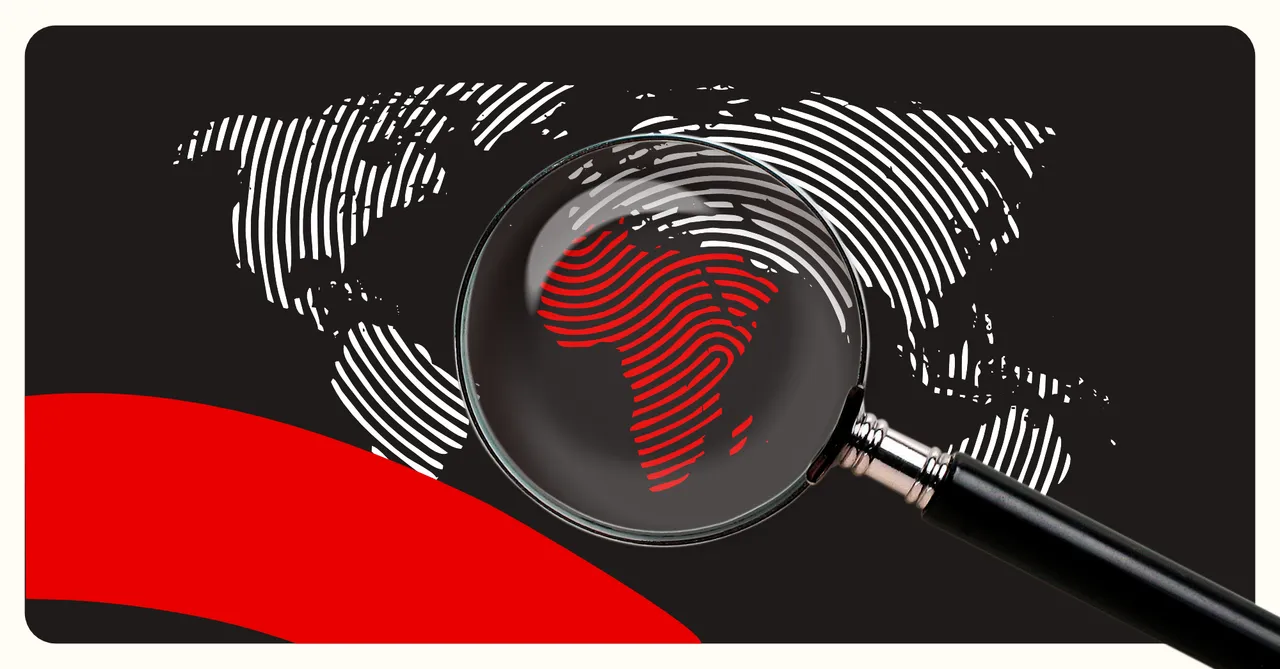Authors
Expertise

The fragmentation of intellectual property (IP) systems across African countries has long posed a barrier to innovation and cross-border investment, affecting both local entrepreneurs and foreign investors. Businesses expanding into the African market often face significant challenges due to inconsistent IP laws and enforcement mechanisms, making it difficult to effectively protect ideas, brands, and inventions across multiple jurisdictions.
The fragmentation of intellectual property (IP) systems across African countries has long posed a barrier to innovation and cross-border investment, affecting both local entrepreneurs and foreign investors. Businesses expanding into the African market often face significant challenges due to inconsistent IP laws and enforcement mechanisms, making it difficult to effectively protect ideas, brands, and inventions across multiple jurisdictions.
This paper examines the current state of IP protection in Africa and explores how the African Continental Free Trade Area (AfCFTA) could help address these challenges by paving the way for a more coherent and unified IP framework across the continent.
Intellectual property protection in Africa
In recent years, intellectual property (IP) has become central to Africa’s pursuit of innovation, economic development, and global competitiveness. Startups and entrepreneurs are rapidly emerging across sectors such as technology, healthcare, renewable energy, fintech, and the creative industries. In the first quarter of 2025, despite a global decline in funding, African startups raised USD 460 million in deals valued at USD 100,000 and above (excluding exits), with fintech, energy, and logistics leading the sectors. This wave of innovation is positioning African markets as increasingly attractive to both local and international investors.
Amid this growth, a stronger culture of registering, commercialising, and enforcing intellectual property rights (IPRs) is emerging. As digital and knowledge-driven economies expand, many African governments are prioritising IP protection and policy reform. In Nigeria, for instance, although IP laws already exist, the government is further strengthening its IP ecosystem through the proposed National Intellectual Property Policy and Strategy. This initiative seeks to improve legal frameworks, promote the commercialisation of IP assets, and support innovation within a digital and knowledge-based economy.
Beyond national legislation, IP administration across Africa is largely coordinated by two regional organisations: the African Regional Intellectual Property Organization (ARIPO) and the Organisation Africaine de la Propriété Intellectuelle (OAPI). OAPI, comprising seventeen member states, operates a unified system under which IP laws and protections apply uniformly across all member countries. In contrast, ARIPO — with twenty-two member states — maintains a flexible system where member countries may choose which of its protocols to adopt, meaning they are not automatically bound. Consequently, businesses must verify which protocols are applicable in their target markets. Additionally, ARIPO protocols are not enforceable unless domesticated into national law, leading to potential enforcement challenges in jurisdictions where ratification has not occurred.
Despite the existence of these structures, IP enforcement in Africa continues to face significant challenges, including weak enforcement mechanisms, widespread counterfeiting, and limited institutional capacity. However, the most critical issue remains the absence of harmonised IP laws and the overlapping memberships of regional organisations. These inconsistencies contribute to a fragmented IP landscape, creating legal uncertainty and complicating cross-border protection of innovations.
The African Continental Free Trade Area (AfCFTA): The path to a unified IP system
Given the challenges arising from the multiple layers of intellectual property (IP) regulatory systems and policies in Africa, several attempts have been made to achieve continental IP regulatory integration. At present, ARIPO and OAPI provide two distinct frameworks for IP protection. Alongside these, national IP laws and sub-regional regimes—often driven by Regional Economic Communities (RECs)—create a complex network of overlapping regulations. This fragmentation results in inefficiencies, as multiple IP and trade rules coexist, making navigation difficult for businesses and governments.
In response, the African Union is making significant strides towards centralising IP governance through the African Continental Free Trade Area (AfCFTA). Established in 2018, the AfCFTA is the world’s largest free trade area by membership, bringing together 55 African countries into a single market. Its goal is to eliminate trade barriers, enhance intra-African trade, and drive industrial and economic development.
A core objective of the AfCFTA is the cooperation of member states on intellectual property rights. In alignment with this, the African Union adopted the AfCFTA Protocol on Intellectual Property Rights (IPRs), which seeks to establish harmonised rules for the promotion, protection, cooperation, and enforcement of IP rights across the continent.
AfCFTA protocol on IP rights
Adopted in February 2023, the AfCFTA Protocol on Intellectual Property Rights establishes uniform rules and principles for the promotion, protection, cooperation, and enforcement of intellectual property rights (IPRs) among member states. The Protocol consists of a preamble, seven chapters, and forty-two articles. It sets standards covering a wide range of IP areas, including plant variety protection, geographical indications, trademarks, copyright and related rights, patents, utility models, industrial designs, protection of undisclosed information, layout designs of integrated circuits, emerging technologies, traditional knowledge, traditional cultural expressions and folklore, and genetic resources.
Structurally, the Protocol reflects the design of the WTO TRIPS Agreement: it outlines general principles and standards, while leaving specific and technical obligations to Annexes, which are to be negotiated and formally adopted by member states. Although full implementation is still outstanding, the Protocol marks a significant shift towards a more harmonised IP landscape in Africa, especially by addressing conflicts arising from overlapping national and regional IP systems.
Importantly, the Protocol introduces key provisions:
i. Supremacy of AfCFTA Rules
Articles 36 and 37 of the Protocol, together with Article 19 of the AfCFTA Agreement, state that AfCFTA rules will prevail in cases of conflict with other regional agreements. This ensures legal certainty, reduces jurisdictional inconsistencies, and promotes harmonisation of IP systems across the continent.
ii. Enforcement Obligations
Article 26(a) requires state parties to enforce IP rights in alignment with national legislation and international treaties. This provision aims to strengthen domestic enforcement mechanisms and foster a coordinated approach to rights protection, particularly benefiting innovators, brand owners, and creative industries.
iii. Establishment of a Continental IP Office
Article 31 provides for the creation of an AfCFTA Intellectual Property Office. If operationalised effectively, this body could become a continent-wide institution that facilitates IP registration, enhances cooperation between national IP offices, and potentially evolves into a one-stop administrative system for IP protection across Africa.
Conclusion
The adoption of the AfCFTA Protocol on Intellectual Property Rights marks a significant step toward harmonising Africa’s fragmented IP systems. Although it does not replace existing national, regional, or international frameworks, it introduces a coherent foundation for cooperation, alignment, and cross-border IP governance.
By setting shared principles and proposing mechanisms such as the AfCFTA Intellectual Property Office, the Protocol lays important groundwork for improved brand protection, legal certainty, and smoother intra-African trade. However, its effectiveness will depend on the development of clear and comprehensive Annexes, as well as the willingness of member states to implement its provisions and integrate existing institutions into a unified system.
Download Publication
For further information, kindly reach the contact below:
Chinwe Ogban – Partner – chinwe.ogban@jee.africa
Tolu Olaloye – Partner – tolu.olaloye@jee.africa
Important Notice: The information contained in this Article is intended for general information purposes only and does not create a lawyer-client relationship. It is not intended as legal advice from Jackson, Etti, & Edu (JEE) or the individual author(s), nor intended as a substitute for legal advice on any specific subject matter. Detailed legal counsel should be sought prior to undertaking any legal matter. The information contained in this Article is current to the last update and may change. Last Update: October 1, 2024.







